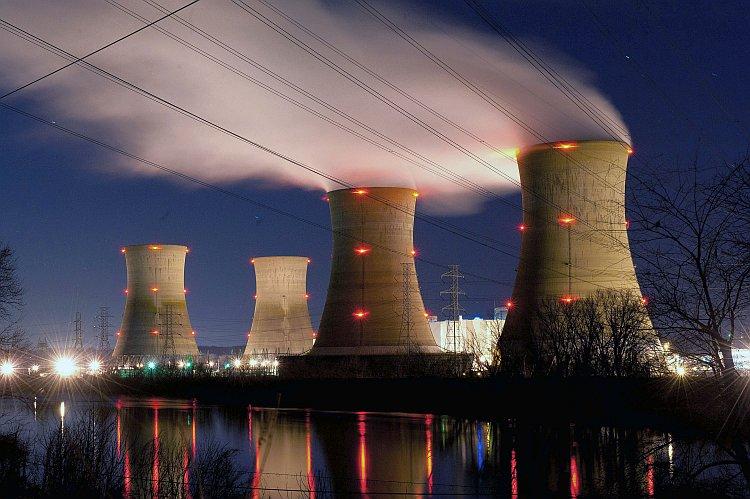INDIANAPOLIS, Indiana — Since President Joe Biden assumed office in January 2021, unemployment has declined to a 50-year low at a steady 3.5 percent, more than 13 million new jobs have been created, $150 billion has been invested in the nation’s semiconductor manufacturing base, and inflation has declined for 11 straight months.
And things are just going to get better with 35,000 new infrastructure projects “coming to life across the country” following the adoptions of the Inflation Reduction Act (IRA) and Infrastructure Investment & Jobs Act (IIJA), also referred to as the Bipartisan Infrastructure Law.





